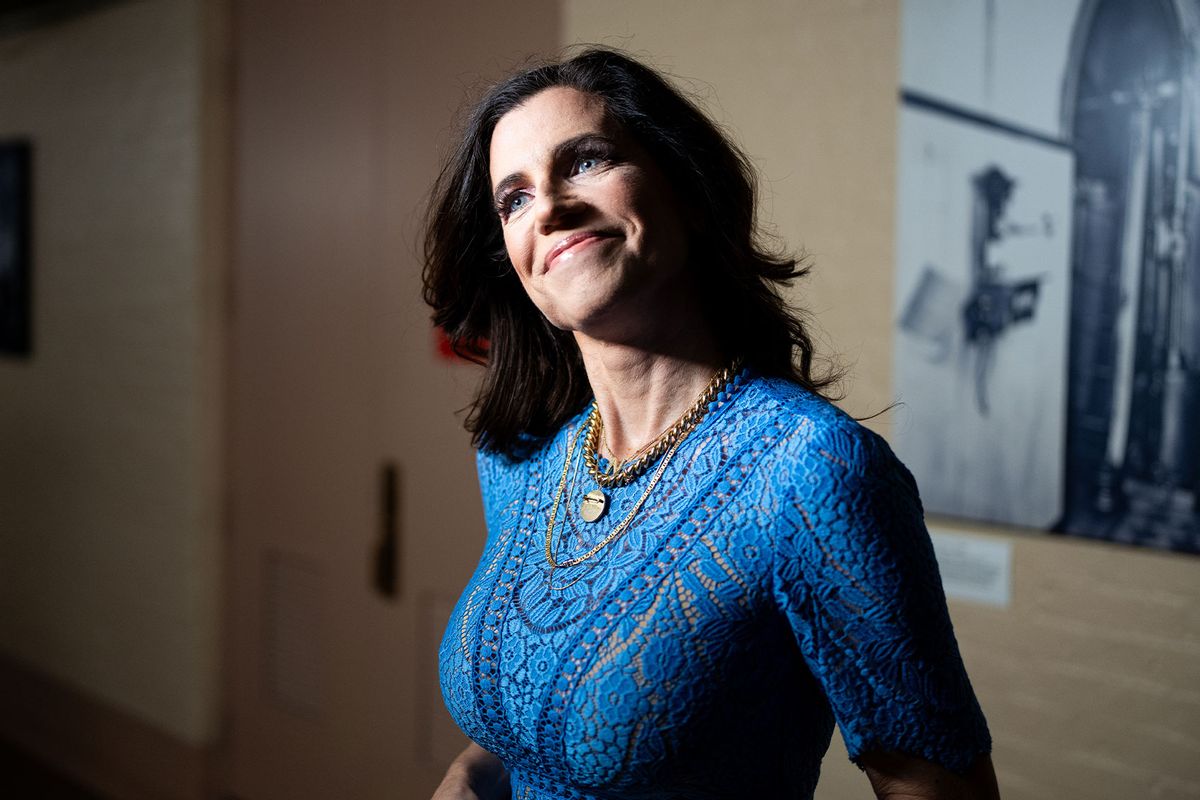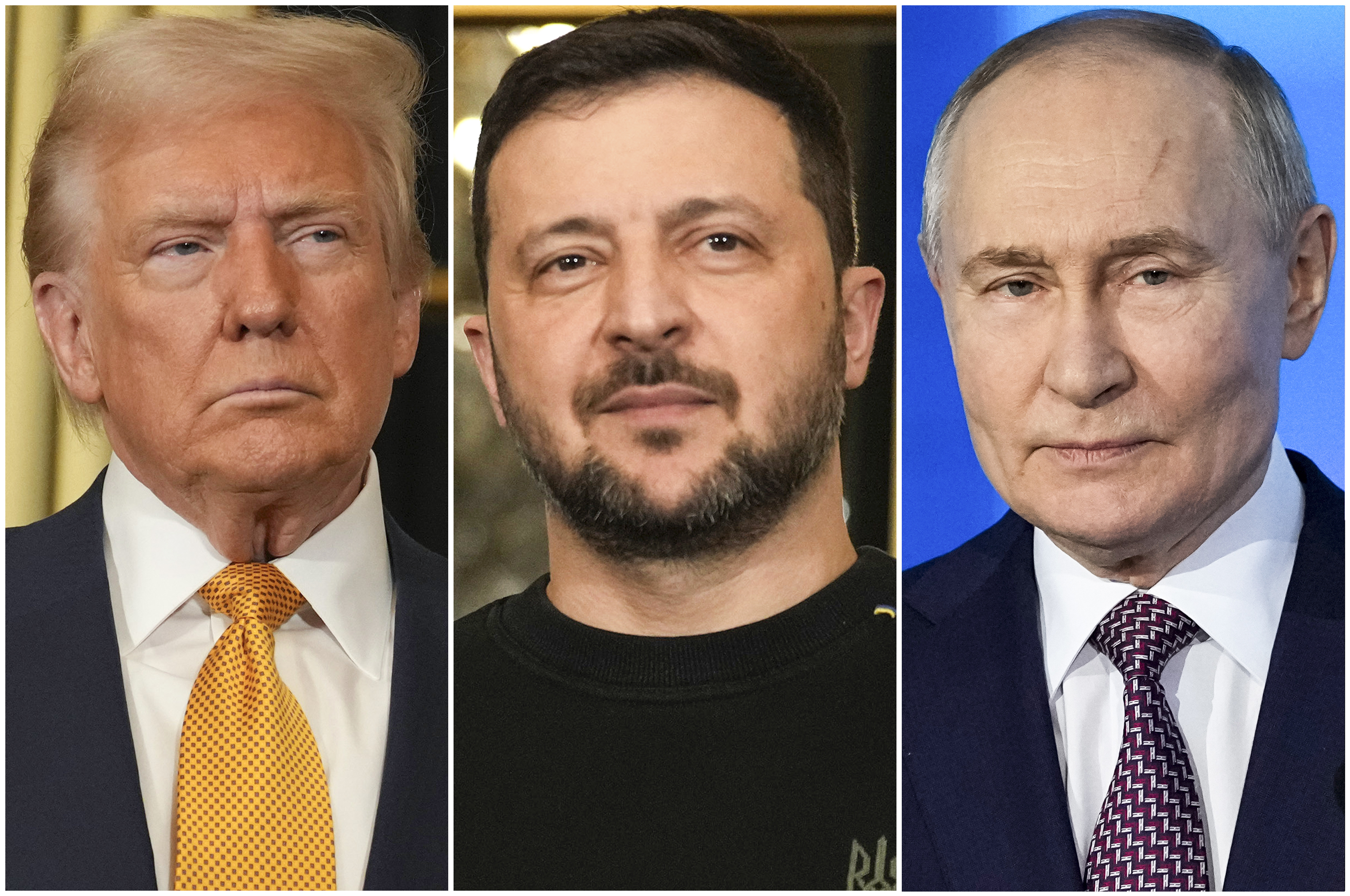The search has unfolded against a frenzied backdrop of attention from British news outlets and impromptu groups of conspiracy thinkers. In Facebook groups, one of which has more than 600,000 members, watchers traced Slater’s last known steps and searched livestreams of Tenerife, hoping for a sign of him. Some people — from climbing influencers to crime investigators — travelled to the island to aid the search.
“We are aware of the conspiracy theories and speculation on social media and some websites, and can only describe this as vile,” Duncan said. “The negative comments are extremely distressing to our family.”
Still, Duncan, who did not immediately respond to requests for comment, and some friends of the teenager have reportedly welcomed some offers of help from TikTok searchers. But the flood of attention has also included many unfounded theories and conspiracies, and Slater’s family told British news media that they feared the online speculation had hindered the investigation.
Administrators of one group who said they were in touch with the family criticised the spread of conspiracies on platforms like TikTok.
Slater’s employer, PH Build Group, said last week on Facebook that it had received harassing emails: “Everyone may have their own theories and feelings but to publicly post them knowing you are going hurt people is just cruel.”
The authorities in Tenerife on Tuesday confirmed in an email that while the official search had ended, the investigation remained open until they determined what happened to Slater.
“We just want to find him,” Duncan said.
Conspiracies can generate a lot of attention and engagement on social media, Cichocka said. Sharing them, she said, can make people feel as if they’re creating order in a chaotic situation, even one with which they have no real involvement.
“It’s a coping mechanism that helps people deal with an unmanageable reality,” Cichocka said.
In the grand scheme, the number of people who are creating and sharing these theories is often small. But because of the speed with which misinformation spreads, small pockets can have immense influence.
Loading
Other cases have also drawn intense online speculation. The family of Nicola Bulley, a 45-year-old woman from Lancashire, England, who died in 2023 after falling into a river, criticised the rampant theories on social media after her death, even after a coroner’s report found no third-party involvement. Bulley’s family asked the public “to look at the facts, the evidence,” and to ignore any amateur opinions, adding that people should be “mindful of the impact words bring.”
In June, Greek authorities found the body of Dr Michael Mosley, a British medical journalist and documentary maker whom the authorities said likely died of natural causes. His disappearance prompted an intensive search on the Greek island of Symi.
This article originally appeared in The New York Times.




















Discussion about this post